Maclaurin Series Fundamentals: Efficient Approximations for Common Functions
The Maclaurin series is a specific type of Taylor series centered at zero, expanding a function as a sum of terms based on its derivatives at this point. This series offers polynomial approximations that are particularly useful for functions like exponentials, trigonometric, and logarithmic functions near zero, simplifying calculations in fields like physics and engineering.
[include_netrun_products_block from-products="product/6-south-carolina-sc-ready-grade-3-math-practice-tests/" product-list-class="bundle-products float-left" product-item-class="float-left" product-item-image-container-class="p-0 float-left" product-item-image-container-size="col-2" product-item-image-container-custom-style="" product-item-container-size="" product-item-add-to-cart-class="btn-accent btn-purchase-ajax" product-item-button-custom-url="{{url}}/?ajax-add-to-cart={{id}}" product-item-button-custom-url-if-not-salable="{{productUrl}} product-item-container-class="" product-item-element-order="image,title,purchase,price" product-item-title-size="" product-item-title-wrapper-size="col-10" product-item-title-tag="h3" product-item-title-class="mt-0" product-item-title-wrapper-class="float-left pr-0" product-item-price-size="" product-item-purchase-size="" product-item-purchase-wrapper-size="" product-item-price-wrapper-class="pr-0 float-left" product-item-price-wrapper-size="col-10" product-item-read-more-text="" product-item-add-to-cart-text="" product-item-add-to-cart-custom-attribute="title='Purchase this book with single click'" product-item-thumbnail-size="290-380" show-details="false" show-excerpt="false" paginate="false" lazy-load="true"] [include_netrun_products_block from-products="product/6-south-carolina-sc-ready-grade-3-math-practice-tests/" product-list-class="bundle-products float-left" product-item-class="float-left" product-item-image-container-class="p-0 float-left" product-item-image-container-size="col-2" product-item-image-container-custom-style="" product-item-container-size="" product-item-add-to-cart-class="btn-accent btn-purchase-ajax" product-item-button-custom-url="{{url}}/?ajax-add-to-cart={{id}}" product-item-button-custom-url-if-not-salable="{{productUrl}} product-item-container-class="" product-item-element-order="image,title,purchase,price" product-item-title-size="" product-item-title-wrapper-size="col-10" product-item-title-tag="h3" product-item-title-class="mt-0" product-item-title-wrapper-class="float-left pr-0" product-item-price-size="" product-item-purchase-size="" product-item-purchase-wrapper-size="" product-item-price-wrapper-class="pr-0 float-left" product-item-price-wrapper-size="col-10" product-item-read-more-text="" product-item-add-to-cart-text="" product-item-add-to-cart-custom-attribute="title='Purchase this book with single click'" product-item-thumbnail-size="290-380" show-details="false" show-excerpt="false" paginate="false" lazy-load="true"]
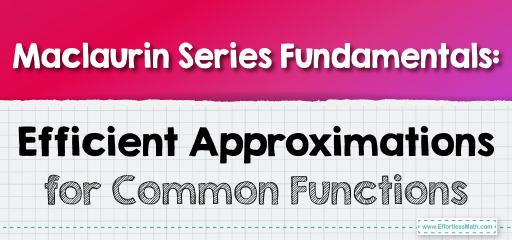
The Maclaurin series is a specific Taylor series that expands a function around \( x = 0 \). It expresses functions as infinite polynomials using derivatives evaluated at zero, which is especially useful for approximating functions near zero. The general form of a Maclaurin series for a function \( f(x) \) is:
\( [
f(x) = f(0) + f'(0)x + \frac{f”(0)}{2!}x^2 + \frac{f”'(0)}{3!}x^3 + \ldots
] \)
Each term’s coefficient involves a higher derivative of \( f(x) \) at \( x = 0 \), divided by the factorial of the term’s order. Common examples include \( e^x \), \( \sin(x) \), and \( \cos(x) \), which have useful Maclaurin series expansions:
- For \( e^x \): \( 1 + x + \frac{x^2}{2!} + \frac{x^3}{3!} + \ldots \)
- For \( \sin(x) ): ( x – \frac{x^3}{3!} + \frac{x^5}{5!} – \ldots \)
- For \( \cos(x) ): ( 1 – \frac{x^2}{2!} + \frac{x^4}{4!} – \ldots \)
These expansions are widely used in physics, engineering, and computational science for simplifying complex function evaluations near zero.
Frequently Asked Questions
How do you factor polynomials?
To factor polynomials, start by identifying any common factors in the terms, and then use methods like the distributive property (for simple cases) or more advanced techniques such as synthetic division or the quadratic formula for higher-degree polynomials. When teaching these concepts, relating them to series expansions, like the Maclaurin series, can help students see practical applications in real-world scenarios, enhancing their understanding and retention. For younger learners, focus on straightforward examples to build confidence before moving to more complex polynomials. For additional practice and detailed examples, consider reviewing resources on EffortlessMath’s Math Topics.
How do you simplify algebraic expressions?
To simplify algebraic expressions, start by combining like terms, which are terms that have the same variable raised to the same power. For instance, in the expression 3x + 4x, you can combine these to get 7x. Next, always apply the distributive property if applicable, such as expanding \(a(b + c)\) to \(ab + ac\). This is similar to how we expand functions in a Maclaurin series by breaking them down into simpler components, making them easier to handle in calculations. This method of breaking down and simplifying can significantly clarify and reduce the complexity of algebraic expressions, similar to the simplifications used in physics and engineering calculations discussed in the context of the Maclaurin series.
How do I help my child prepare for the math test?
To help your child prepare for their math test, focus on reinforcing the fundamental concepts they have learned, such as those related to the Maclaurin series for older students, through consistent practice and review. Utilize resources like Worksheets tailored to their curriculum to enhance their understanding and retention of mathematical principles. Additionally, consider exploring engaging and age-appropriate math resources found in the Top 10 Grade 3 Math Books Inspiring Young Mathematicians To Explore to inspire a deeper interest and enjoyment in math which is crucial for long-term success.
Related to This Article
More math articles
- How to Solve Equations with Multiple Angles
- Best Calculators for High School Algebra I
- GED Math FREE Sample Practice Questions
- How to Multiply Radical Expressions? (+FREE Worksheet!)
- Parallel, Perpendicular, and Intersecting Lines
- How to Help Your 5th Grade Student Prepare for the Rhode Island RICAS Math Test
- How to Solve Word Problems by Adding Three or More Fractions
- How to Find Probability of an Event? (+FREE Worksheet!)
- Grade 3 Math: Measuring Length
- Top 10 Math Books for Grade 4: Empowering Young Minds to Discover Numbers
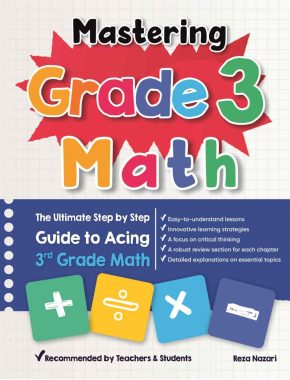


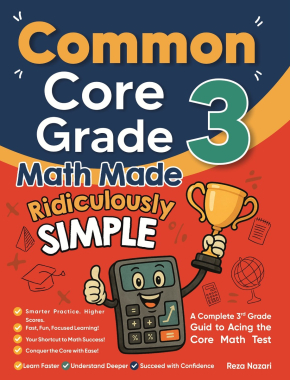


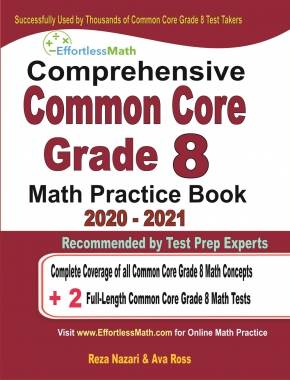
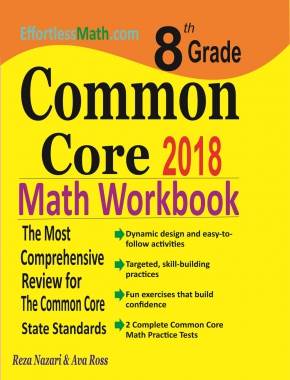
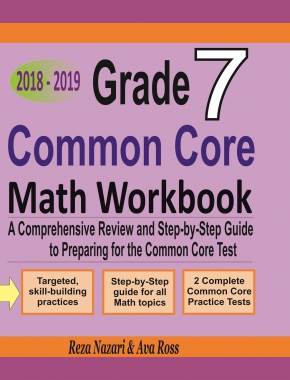
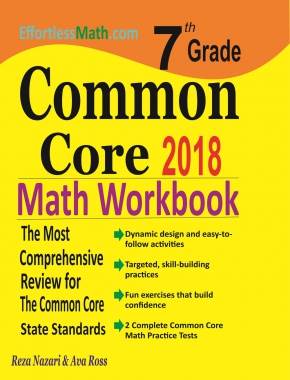
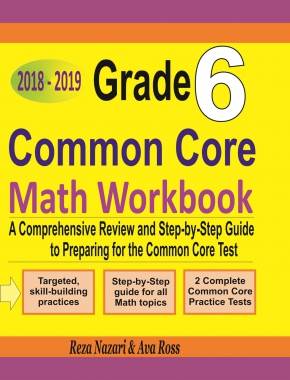
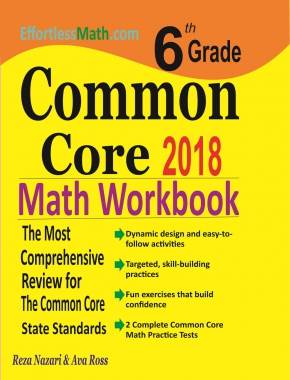
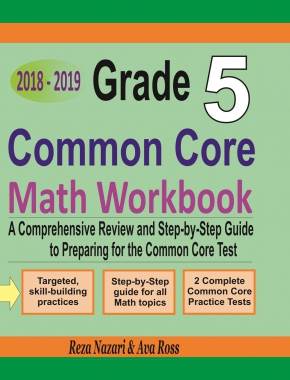
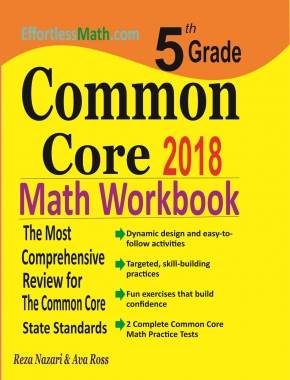
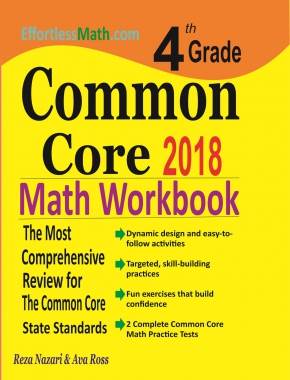
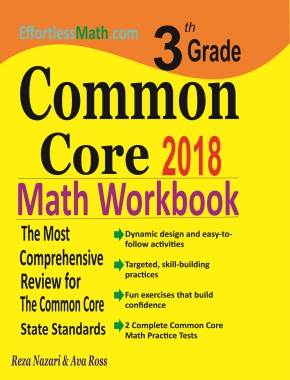











What people say about "Maclaurin Series Fundamentals: Efficient Approximations for Common Functions - Effortless Math: We Help Students Learn to LOVE Mathematics"?
No one replied yet.